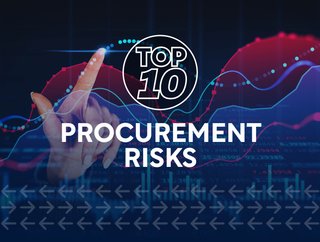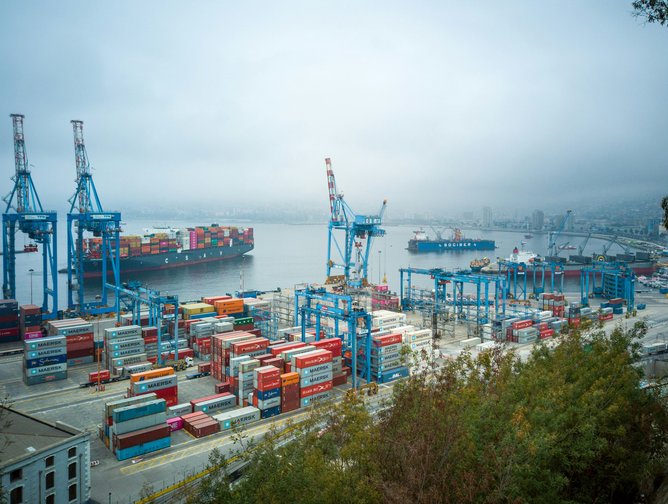
There are always risks when a business makes a purchase which cannot be avoided. But organisations need to be aware of the risks that come both from internal and external operations to keep their business running. These range from how your business and employees operate through to global events and supplier relationships.

10. Market volatility
Procurement strategies and decisions are influenced by market dynamics, including fluctuations in demand, technological advancements, and shifts in consumer preferences. Organisations must adapt to market volatility by adopting agile procurement practices, diversifying supply sources, and continuously monitoring market trends to stay competitive and resilient.

9. Inadequate risk management
Effective risk management is critical to identify, assess, and mitigate risks throughout the procurement process. Failure to anticipate and address potential risks, such as supplier insolvency, geopolitical instability, or market volatility, can result in unexpected problems and increased costs for organisations.

8. Dependency on single suppliers
Overreliance on a single supplier poses significant risks to organisations. If a key supplier experiences financial difficulties, production disruptions, or quality issues, it can have cascading effects on the entire supply chain, leading to shortages, delays, and increased costs.

7. Contractual issues
Clear and well-defined contracts are essential to establish mutual expectations and obligations between buyers and suppliers. Disputes over contract terms, misunderstandings, or breaches of contract can lead to legal battles, strained relationships, and financial losses for both parties.

6. Data security
Procurement processes involve the exchange of sensitive information, including financial data, supplier contracts, and intellectual property. Data breaches, cyberattacks, or insider threats can lead to financial losses, legal liabilities, and erosion of trust with stakeholders.
5. Regulatory compliance
Compliance with regulations and standards is essential to avoid legal issues and reputational damage. Failure to comply with environmental regulations, labour laws, import/export regulations, or industry standards can result in fines, legal disputes, and damage to brand reputation.

4. Supply chain disruptions
Supply chain disruptions, such as natural disasters, geopolitical conflicts, or pandemics, can have far-reaching consequences. These disruptions can cause shortages, delays in production, distribution challenges, and increased costs for organisations reliant on global supply chains.

3. Price fluctuations
Procurement budgets are vulnerable to sudden changes in commodity prices, currency exchange rates, or market dynamics. Price fluctuations can impact profitability, budget planning, and the overall financial health of the organisation.

2. Quality issues
Quality control is essential to ensure that purchased goods or services meet the required standards. Poor quality products or services can lead to defects, rework, customer dissatisfaction, and even product recalls, damaging brand reputation and incurring financial losses.

1. Supplier reliability
The reliability of suppliers is crucial for smooth operations. When suppliers fail to deliver goods or services on time, it can result in project delays, operational disruptions, and increased costs due to expedited shipping or alternative sourcing.
******
Make sure you check out the latest edition of Procurement Magazine and also sign up to our global conference series - Procurement & Supply Chain LIVE 2024
******
Procurement Magazine is a BizClik brand






